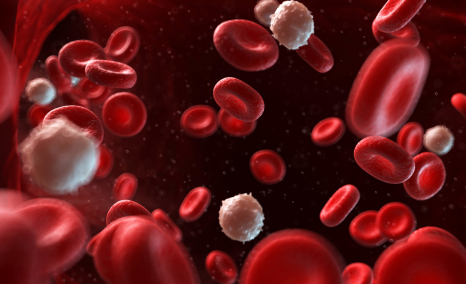Vascepa, first approved by the FDA to treat high levels of triglycerides in adult hypertriglyceridemia patients, is now the first drug to receive approval from the FDA which will reduce the cardiovascular risk in patients with a high level of triglycerides, and established diabetes or cardiovascular diseases and two or more additional CVD risk factors.
The approval was based on the successful results of the trial REDUCE-IT. The trials revealed that Vascepa efficiently reduced the number of major adverse cardiovascular events (MACE) events by 25% and deaths due to it by 20%, which is a better outcome than GSK’s fish-oil pill Lovaza.
The pill, icosapent ethyl approved as an addition to statin therapy will now benefit millions of U.S. patients suffering from complications associated with CVD.
GlaxoSmithKline has announced the submission for U.S. approval for its experimental multiple myeloma drug belantamab mafodotin (GSK2857916).
The decision for filing for the approval was based on the clinical study DREAMM-2 that revealed an Overall response rate of 31% with the drug in patients with relapsed/refractory multiple myeloma.
Multiple myeloma is the second most commonly diagnosed blood cancer, after non-Hodgkin lymphoma, accounting for 1% of malignancies and 10% of hematologic cancers, as per Cancer Statistics, 2018. It is noted that BCMA [B Cell Maturation Antigen, also known as tumor necrosis factor receptor superfamily member 17 (TNFRSF17)], is highly expressed in malignant cells as compared to healthy cells.
The drug, belantamab mafodotin, is designed on a similar understanding to target BCMA protein, and if it receives an okay from the FDA will become the first drug, would become the first anti-B-cell maturation antigen (BCMA) agent to treat Multiple myeloma patients in the U.S.



